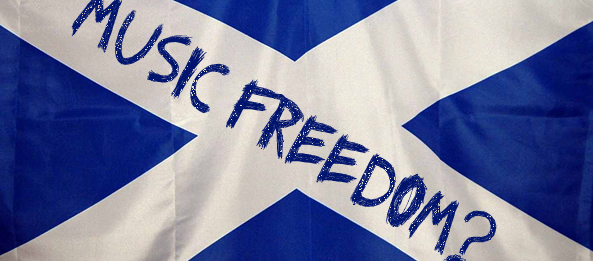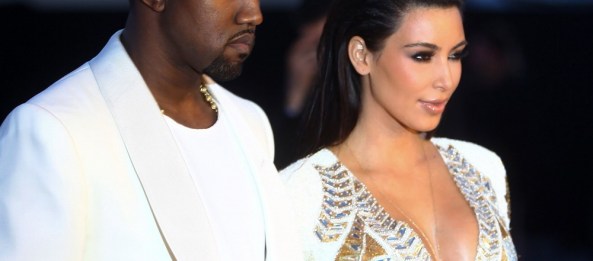I was recently utterly enraged by a couple of articles on the Metro website, which claimed that women should know by now that it is practically illegal to venture out in public without first either shaving or waxing their underarms, and that to transgress this long-established social law is to announce to the world that they are disorganised, dirty, and lacking in self-respect and in that mysterious quality known as “class”. To let other people see your hairy pits, claimed the author, is both disgusting and unacceptable.
The articles focused on the so-called “major beauty faux pas” made by Pixie Lott at the London premiere of the latest Batman movie, at which she flashed a spot of pit fuzz; the journo in question likened it to a similar incident over a decade ago when Julia Roberts proudly aired her (admittedly rather more copious) armpit-carpet at the London premiere of Notting Hill. The photographers went nuts on each occasion, of course, which is why these non-events got in the news.
Stunned that such petty bile could be deemed true journalism, through a red mist I scanned the offending pages. I was looking for the name of this perpetrator of male chauvinism and despicable misogyny, this no doubt doddery old bastion of alpha male behaviour holding out stubbornly against the progressive views of a modern society. And then I found it. Amy Duncan. Hmm, that’s a funny name for a bloke.
Well, it turns out that I’m just plain old naïve – and, in my own way, sexist – because not only is this woman expounding the views I most commonly associate with “unenlightened” males, but she is very much not alone in this activity. Apparently, tearing down the fragile walls of female self-esteem is extremely lucrative – if you’re a woman. The Daily Mail’s “Femail”, for example, is a veritable breeding-ground for these shallow, scathing and often pointless attacks on women, by women. It’s big business – but why?
According to psychology studies conducted at two universities in Canada last year, women are programmed to behave this way. We’re in competition with other members of the same sex, and often feel threatened by those we perceive as more attractive than ourselves, which invariably leads to hostile behaviour, such as that which abounds in most newspapers and in every women’s magazine on the market. The authors of the studies, T. Vaillancourt and A. Sharma (both female, just so you know), maintain that once we have acknowledged this behaviour we can begin to address it. After all, if we were incapable of breaking our programming and of controlling instinctual behaviour, then rape and paedophilia would be socially acceptable. Saying that women are “born to be bitchy” (thank you, Claudia Connell of the Daily Mail, for that one) is really just an excuse for not trying to improve our behaviour – but I doubt that women like Amy Duncan will ever amend their views based on such silly things as rational arguments, scientific studies and the ideal of behaving decently to their fellow humans.
Oh, I should be sorry for picking on you, Amy – after all, you’re just one of many awful women who seem hell-bent on making the rest of us feel like shit, and singling you out sort of makes me as bad as you, I suppose. I promise, though, you were just the closest example to hand (I did try picking on Liz Jones, but that’s a real minefield there). I mean, come on – you’re condemning Julia Roberts for being “totally unaware of the furore she had created” when people caught sight of her armpit hair, all those years ago. You know why she was “totally unaware”? Because it wasn’t a “furore” to her; it wasn’t even an issue. And to judge by Pixie Lott’s lackadaisical Twitter response to this latest outcry, it isn’t an issue to her either, so your horrified bleating is a bit of a lost cause there as well. I’d love to know why this kind of thing bothers you – and so many other women – so much. Going by the results of Vaillancourt and Sharma’s studies, I would assume you feel threatened by these beautiful celebs, who are so imbued with self-confidence that they can happily attend high-class functions without worrying themselves into a frenzy over whether someone might be judging their armpits. Or perhaps you are genuinely disgusted by body hair on a woman, in which case I would imagine that you’ve been made to feel ashamed of your natural physical state over the years, which again points to low self-esteem. Is this why you’re trying to make other women feel insecure: so you’re not alone?
As someone who has always been just a bit paranoid about her own underarm hair, mostly as a result of knowing that these callow bitches are on the lookout, what surprised me most about the photos of Pixie and Julia was how un-gross a healthy crop of pit fuzz looked alongside a pretty dress. Sure, it was different, but it was also completely natural and entirely their own damn business. It’s emboldened me, pit-wise, I have to say. Certainly less “disgusting” than, say, a red-raw axilla cut almost to the bone by over-shaving, or sporting the red welts that so often come after a wax. I’m not in the habit of elevating pop singers and actresses as role models, but on this occasion these confident, carefree women are leading the way, whereas the venomous proclamations of Amy, Liz and all those other self-haters are just holding us back.







